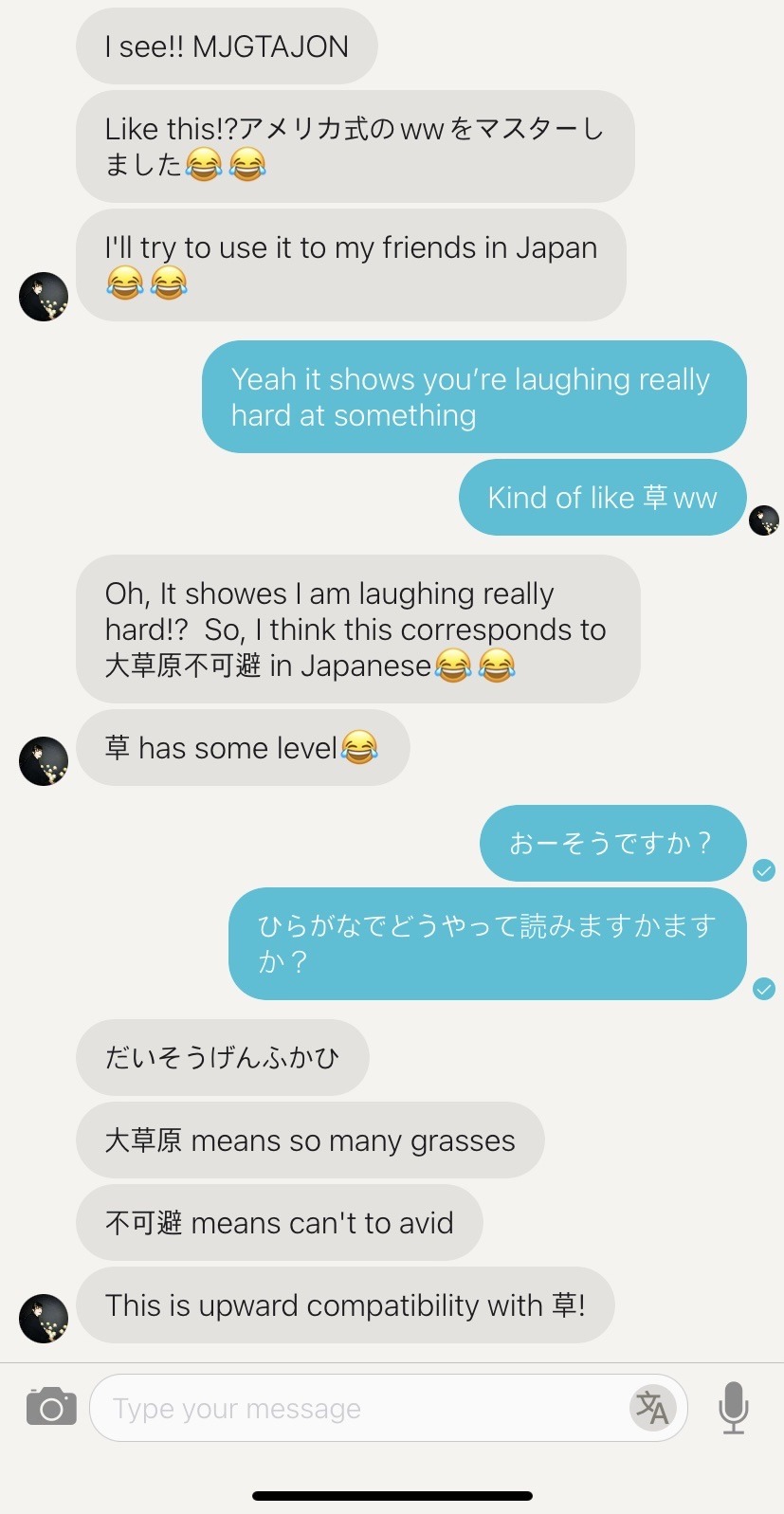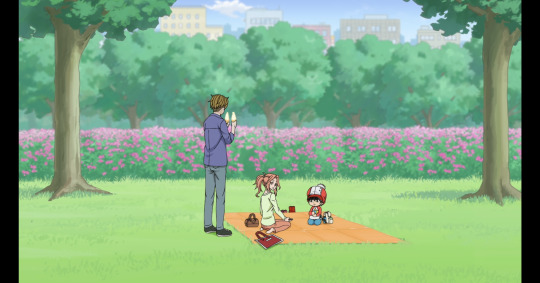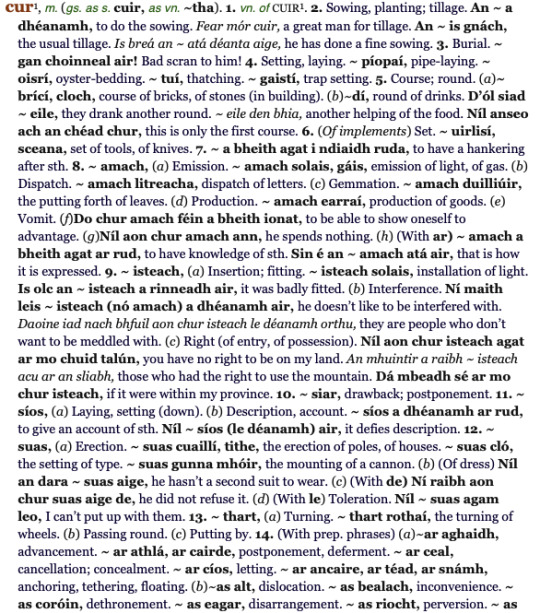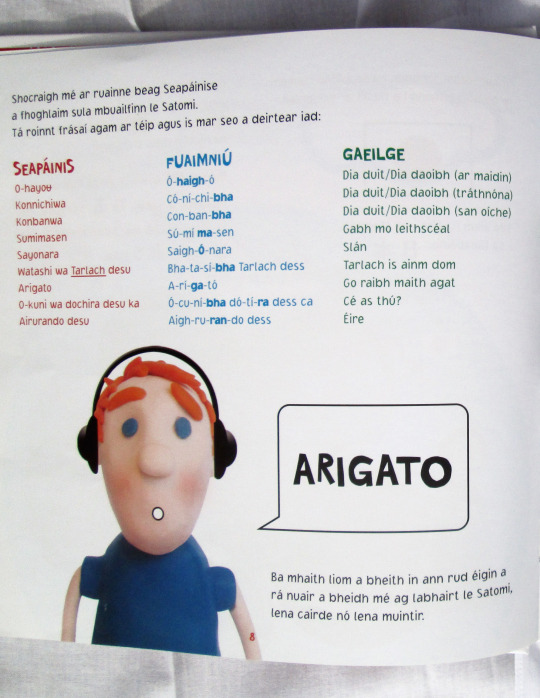Text
Recommendations for media about translation, interpreting, and foreign languages
Movies and TV
Quo Vadis, Aida? (2020)
The Interpreter (2005)
The Last Stage (1948)
Books
Babel: An Arcane History by R.F. Kuang
The Centre by Ayesha Manazir Siddiqi
Translating Myself and Others by Jhumpa Lahiri
The Interpreter by Suki Kim
Girl in Translation by Jean Kwok
Translation Nation by Héctor Tobar
Alphabet of Thorn by Patricia A. McKillip
Translation State by Ann Leckie
Other Important Topics and Subjects
La Malinche
The Rosetta Stone
The Tower of Babel
The Adamic Language
Esperanto
Philology
Goethean World Literature
Documentaries and History
The Interpreters: A Historical Perspective
The Nuremberg Trials
Biblical Translation
St. Jerome - patron saint of translators
Shu-ilishu's Seal (first depiction of an interpreter)
41 notes
·
View notes
Text
Some interesting words & phrases about rain in irish
Clagarnach baistí - pelting rain
Ag clagarnach ar an díon - rain pattering on the roof
Bogfhearthainn - soft rain
Fliuch go craiceann - soaked to the skin
Breacbháisteach - occasional rain
Seadbháisteach - drizzle of rain
Cídeog - covering your head and shoulders against rain/wind
Spútrach - a downpour of rain, "Splashing rain"
117 notes
·
View notes
Text
大草原不可避 : Keyboard smashing in Japanese

I explained how keyboard smashing in English expresses laughing really hard and she taught me the Japanese equivalent in return!!
As some of you might know, in Japanese, “w” from the word “to laugh” 笑う 「わらう」 is basically like “lol” in Japanese so when there’s a bunch of “w”’s together it looks like this wwwwwwwwwwwwwwwwwwwwww
and it looks like a bunch of grass so one slang word to show something is funny is 草 「くさ」 which is the word/kanji for grass so you don’t have to type out a bunch of w’s.
So the step up from 草 is 大草原 「だいそうげん」 which means prairie since there’s a lot more grass.
And if something leaves you laughing so much that you can’t hold it back you could say 大草原不可避 「だいそうげんふかひ」 which basically means “inevitable prairie”.
The “inevitable part”, 不可避 「ふかひ」 in this phrase means laughter is inevitable and you can’t help but laugh.
37K notes
·
View notes
Text
hello! i'm tobi, and i love lingustics. my pronouns are he/him. i am fluent in english and learning irish and french. i love constructed languages, too! please talk to me in any of my languages about languages (or anything at all)! :D
bonjour! je m'appelle tobi, et j'adore la linguistique. mes pronoms sont il. je parle couramment l'anglais et j'apprends l'irlandais et le français. j'aime aussi les langues construites ! n'hésitez pas à me parler dans n'importe laquelle de mes langues à propos des langues (ou de n'importe quoi d'autre).
<STILL WORKING ON MY IRISH INTRODUCTION>
19 notes
·
View notes
Text
*examines your pdf folder* have you read them all?
11K notes
·
View notes
Text
Really good anime translation: コタローは一人暮らし
I complained in a post a while ago about how I mostly think english translations of anime aren’t very good, and @japanwords asked me if there were any anime I know of that have good translations. I don’t actually watch that much anime so I didn’t have a good answer, but recently I found one that really fit the bill: 『コタローは一人暮らし』or “Kotaro lives alone”
For those who haven’t seen it, it’s a show about a 5 year old kid who lives alone without any parents or guardians, and makes friends with his neighbours in the apartment complex (a lazy manga artist, a woman who’s a hostess at a local nightclub, and a scary yakuza who finds Kotaro unbelievably cute). These friends end up helping Kotaro when he needs someone to act as a guardian, such as when he enrols at the local kindergarten.
The other thing you have to know about Kotaro is he speaks like a Japanese feudal lord.
This really is the crux of what makes the translation so good, because how the hell do you translate that?! The way they chose to do it is by using archaic english phrases. He kinda speaks like a Victorian era gentleman, and he sometimes even verges on sounding like a stereotypical medieval knight. This works perfectly, because Kotaro is actually imitating a character from his favourite cartoon: a samurai hero/feudal lord. Let’s look at some examples:
「放すである」
"Unhand me!"
A simple example to start with, I thought it might be interesting to compare how a 5 year old might actually say this, and how I would translate that:
「放してー!😭"」
"Let goooo! 😭"
Even though the japanese uses the same verb (放す), the english translation is completely different. The choice here to make it “unhand me” (much more evocative of a time period) instead of just “let go of me” (simply a longer way of saying it) is a perfect example of the care this anime puts into its translation.

狩野:「美月さん、アイス食べます?…… あれ?」
“Hey, Mizuki. Would you like an ice cream cone? …… Hello?”
美月:「アイスをもらうけど私、狩野くん誘ってないんだよなぁ」
“While I appreciate the ice cream, you know you weren’t actually invited, Karino.”
コタロー:「お邪魔である」
“Interloper.”
邪魔 is a notoriously difficult word to translate, and the natural-sounding corresponding english phrase will vary quite wildly depending on the situation. In non-feudal lord speech, it usually gets translated to something like “you’re getting in my way” or “get out of here” or even “you’re a burden” (my least favourite).
Here, it’s creatively translated as “interloper”! A great way of sneaking in some archaic english while deftly handling a classically difficult-to-translate word.
コタロー:「わらわは写真が大の苦手なのだ」
“I am ill-disposed to having my picture taken!”
Here we have a slightly longer sentence which shows us a bit more of Kotaro’s unusual speech pattern. He uses the archaic first-person pronoun わらわ(妾)and often ends his sentences in なのだ. なのだ is not a particularly odd grammar structure to use, but it is unusual to use it unabbreviated (i.e. not shortening it to なんだ and/or adding よ to the end) especially when using it in speech rather than in writing. Not abbreviating it (as would be expected in a formal situation), but immediately contrasting that formality with the informal だ rather than です causes the speech to sound archaic without actually using any archaic vocabulary.
Now, if this show only translated the old-timey speech pattern well, I’d still call it a good translation. But the attention to detail and focus on natural sounding language extends to the other characters too!
Let’s take a look at an example of Karino’s speech. This is from ep 3; we already know a fair bit about who he is - a manga artist who doesn’t leave the house much (mostly works from home), usually wears comfortable clothes around, leaves things til the last minute and is generally a pretty lazy guy. I say this because the following translation doesn’t “work” (that is, the english and japanese wouldn’t mean the same thing) if it was spoken by a different kind of character.

phone rings
狩野:「担当さんかー」
“Oh great, it’s my editor”
狩野:「お疲れ様です、狩野です。… はい … 今日原稿を?はい、わかりました。じゃあ、後で」
“Hello, this is Karino. How may I help you? … Yes … Wait. Now, now? … Uh-huh, yes. Okay, thank you, I’ll be there soon.”
コタロー:「どこか行くのか?」 “Do you need to go somewhere?”
狩野:「仕事。出版社に行く。今回もダメ出しされんのかな?」
“Yeah, I gotta go to work. There goes my day. … I’m sure he’ll just rip it apart like he always does.”
狩野:「あの人結構グサグサ刺さる事言うんだよなぁ」
“The way he criticises, it’s actually pretty hurtful.”
I really like this translation, it feels very clever and results in very natural sounding english. I said this wouldn’t work for a different character, but I think even for the same character, this translation wouldn’t work on ep 1 - the audience wouldn’t have the context for the translation to omit the specific words it does and get away with it.
For example, the line 「今日原稿を?」 directly refers to a manga draft, but the draft isn’t directly referred to in the english. But it ends up being ok, because we can infer that he’s handing in some sort of draft for review from a later line (”I’m sure he’ll just rip it apart…”). Also, 「出版社に行く」 directly states that he’s going to the publishing house, but the english simply refers to it as “work”. But we can infer this too - he’s going to see his editor, and since most of his work is drawing and writing, which he does at home, we know that when he says he’s “going to work”, he’s actually going to the publishing offices.
Prioritising the natural sound of the script over the specific details is a bold choice that really pays off, imo. This is some of the most natural english I’ve ever seen in an anime translation. I recommend checking it out if you’re interested!
59 notes
·
View notes
Text
people take the piss out of thank you in irish being long but i like it. go raibh maith agat is more heartfelt than thanks imo. thanks very much has NOTHING on go raibh míle maith agat. i also think más é do thoil é/le do thoil is better than please
360 notes
·
View notes
Text
Hey if any of you, like me, spend a lot of time on teanglann.ie, you might have gotten fed up with how hard it is to find stuff in their massive paragraphs.
I made a Firefox extension (mostly for myself) which automatically breaks the paragraphs up so it's easier to read


Sorry for the chrome users, if I ever get a chance I might try and port it for chrome, but I haven't done that yet.
The formatting isn't entirely consistent, but a lot of that comes down to the entries themselves being formatted a little inconsistently, if you notice any bugs, please let me know
215 notes
·
View notes
Text
Best language learning tips & masterlists from other bloggers I’ve come across
(these posts are not my own!)
THE HOLY GRAIL of language learning (-> seriously tho, this is the BEST thing I’ve ever come across)
Tips:
Some language learning exercises and tips
20 Favorite Language Learning Tips
what should you be reading to maximize your language learning?
tips for learning a language (things i wish i knew before i started)
language learning and langblr tips
Tips on how to read in your target language for longer periods of time
Tips and inspiration from Fluent in 3 months by Benny Lewis
Tips for learning a sign language
Tips for relearning your second first language
How to:
how to self teach a new language
learning a language: how to
learning languages and how to make it fun
how to study languages
how to practice speaking in a foreign language
how to learn a language when you don’t know where to start
how to make a schedule for language learning
How to keep track of learning more than one language at the same time
Masterposts:
Language Study Master Post
Swedish Resources Masterpost
French Resouces Masterpost
Italian Resources Masterpost
Resource List for Learning German
Challenges:
Language-Sanctuary Langblr Challenge
language learning checkerboard challenge
Word lists:
2+ months of language learning prompts
list of words you need to know in your target language, in 3 levels
Other stuff:
bullet journal dedicated to language learning
over 400 language related youtube channels in 50+ languages
TED talks about language (learning)
Learning the Alien Languages of Star Trek
.
Feel free to reblog and add your own lists / masterlists!
15K notes
·
View notes
Text
This is how it feels to read a classic that everyone in the world has already read and loves

43K notes
·
View notes
Text

Sometimes I read stuff and I just wanna shake someone like "WHY IS NOBODY TALKING ABOUT THIS"
2K notes
·
View notes
Text
"Blorbo from my shows" no. Blorbo from my BA. Blorbo from my major. Blorbo from my primary source document.
#blorbo from my department#blorbo from my literature review#not to be confused with bouba from my literature review#fun
27K notes
·
View notes
Photo

This is a page from an Irish language childrens book about a boy who visits his friend in Japan. I thought it might be interesting to show how Japanese words are explained to the reader via transliteration in Irish sound (orthography).
The book is Ag Taisteal le Tarlach sa tSeapáin written by Laoise Ní Chomraí and illustrated by Barry Murphy. Published by An Gúm (2007)
370 notes
·
View notes
Text
what i read in dec. 2023:
(previous editions) bold = favourite
class, race, gender, & sexuality
a good prospect
damages (usa)
the moral panic against uk drill is deeply misguided
i survived a lot of edwards and now i'm team bella
death on a dairy farm (usa)
the fence (canada)
politics & current affairs
'weapons of mass migration': how states exploit the failure of migration policies
president's war against 'fake news' raises alarms in south korea
in the shadow of the holocaust
justice from below
where are they? in remembrance of victims of indonesia's enforced disappearance
culture & essays
raising the dead
one swedish zoo, seven escaped chimpanzees
the cult next door
what kind of future does de-extinction promise?
the battle over dyslexia
palestine
palestinian men are not 'terrorists in the making'
israel: starvation used as weapon of war in gaza (human rights watch)
atrocities present, past, and future
israel working to expel civilian population of gaza (un ohchr)
inhumane treatment and enforced disappearance of palestinian detainees from gaza (amnesty international)
177 notes
·
View notes
Text
constantly torn between "i wish I could magically learn this language immediately and speak it perfectly" and "part of language acquisition is the process, and learning it immediately wouldn't have as much meaning or significance to me"
#surprisingly I'm enjoying the process of acquiring sign language more than any other#w spoken languages it always felt so forced
6K notes
·
View notes
Text
The closer a language is to yours, the easier it is to understand, the further it is from you, the harder it is to understand. But there's a sort of uncanny valley right in the middle that makes a language sound silly.
I'm an English speaker. German sounds similar, I can even find cognates sometimes. Mandarin Chinese sounds completely alien, but I can understand that it is a language.
But Dutch, Dutch sounds hilarious. Dutch sounds like a clown version of English. I wonder why that is.
I've heard Spanish speakers say similar things about Portuguese, which makes me think there's some sort of linguistic Silly Zone.
25K notes
·
View notes